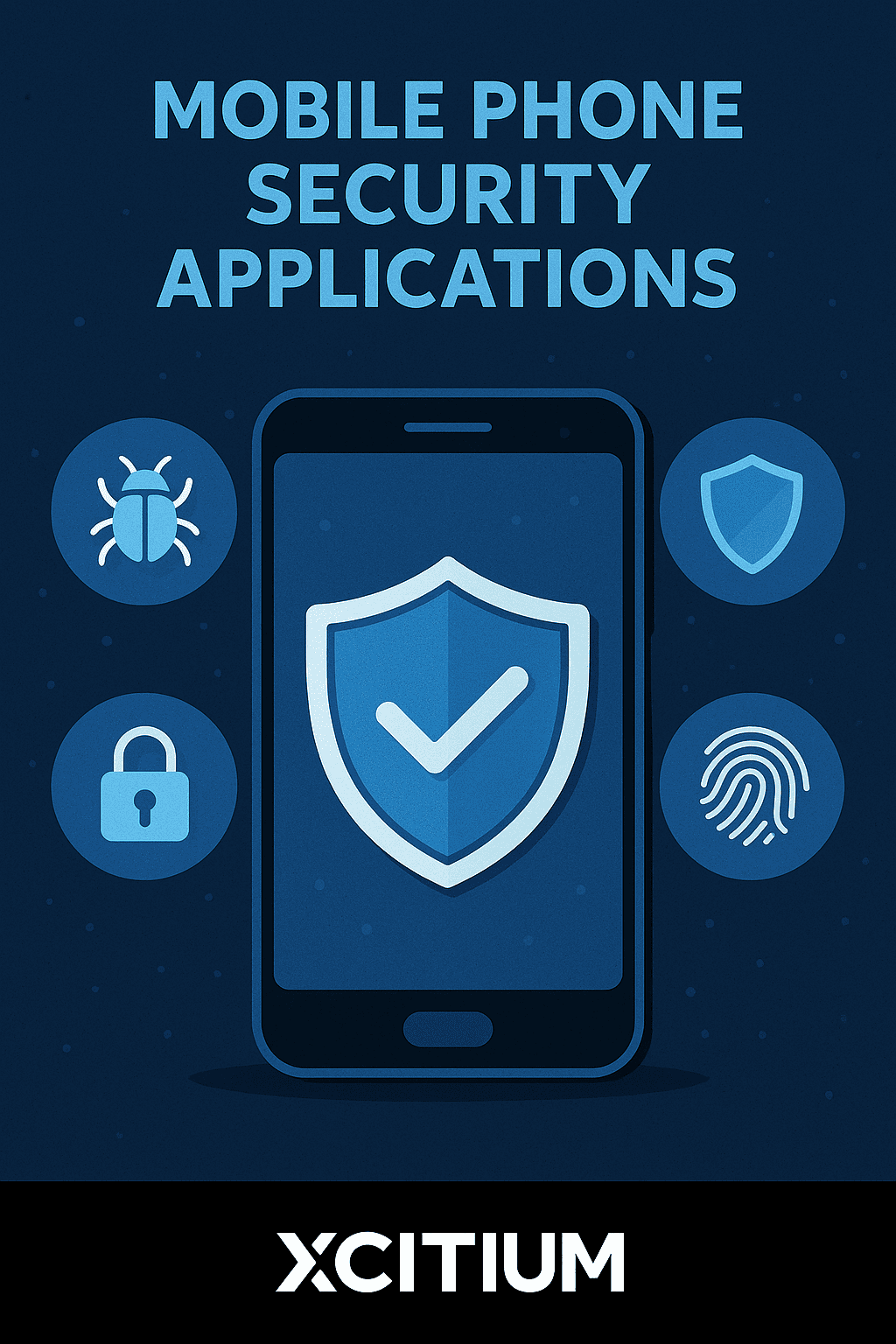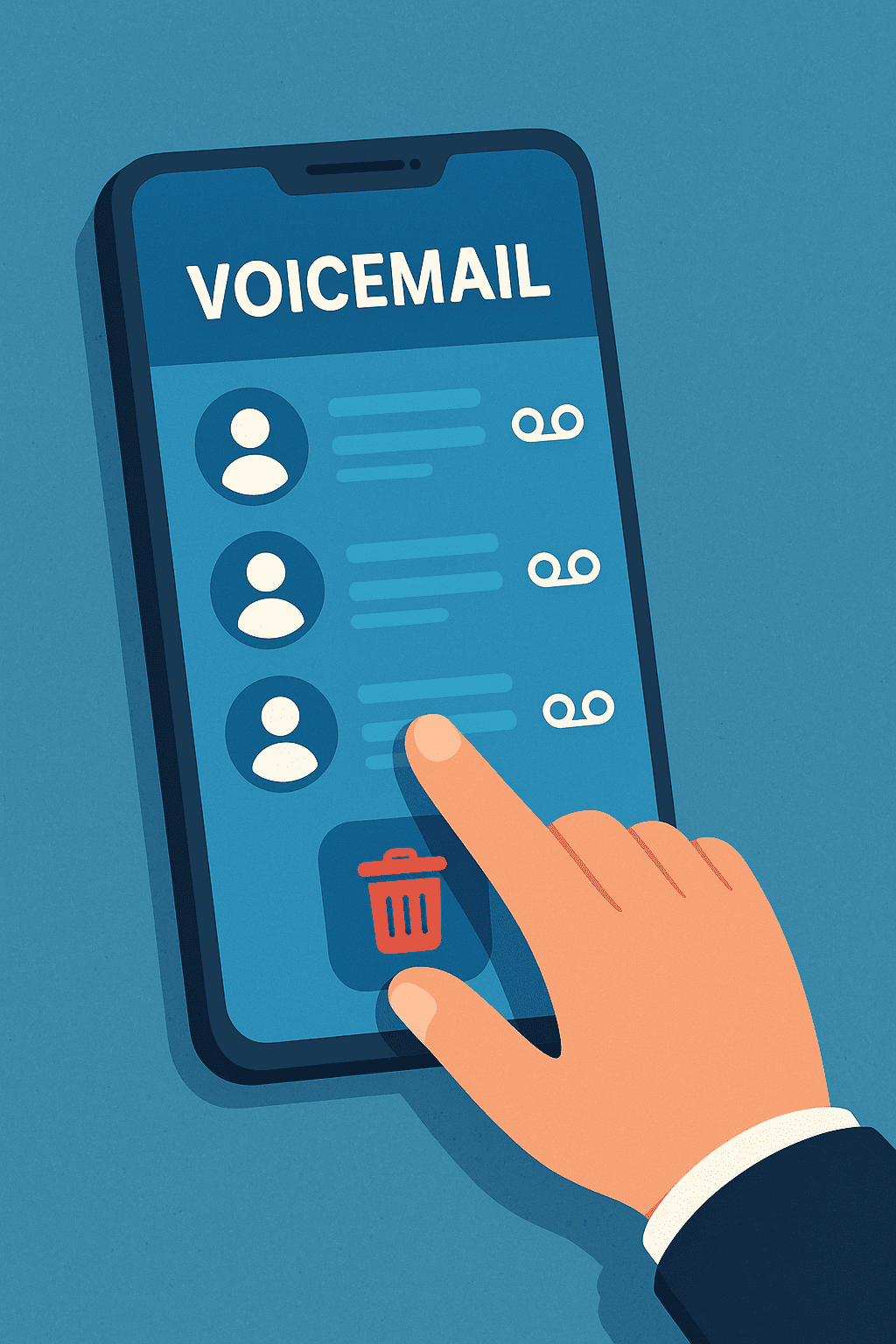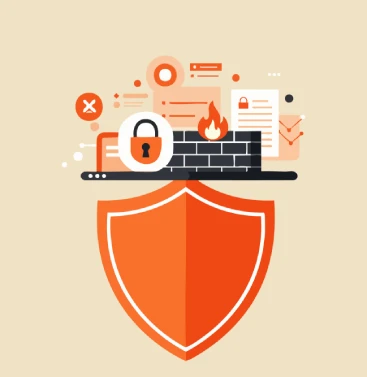Best Mobile Phone Security Applications in 2026: Complete Guide for Businesses & Security Leaders
Updated on November 27, 2025, by Xcitium

In today’s hyper-connected world, mobile phone security applications are no longer optional—they are essential. With cybercriminals increasingly targeting smartphones, businesses and security teams face rising threats such as data breaches, phishing attacks, spyware infiltration, and device takeover. Did you know that over 60% of digital fraud starts on mobile devices? This statistic alone shows why organizations must rethink how they secure their mobile endpoints.
This guide breaks down the top features, benefits, risks, and best practices surrounding mobile phone security applications. Whether you’re an IT Manager, a cybersecurity leader, or a CEO safeguarding company assets, this article helps you choose the right mobile defense tools for your organization.
What Are Mobile Phone Security Applications?
Mobile phone security applications are software tools designed to protect smartphones from cyber threats. These apps provide security layers such as:
-
Malware detection
-
Real-time threat monitoring
-
Secure browsing
-
App permission control
-
Data encryption
-
Anti-phishing defenses
-
Device tracking and remote wipe
With mobile threats becoming more sophisticated, businesses need advanced security applications that defend against zero-day malware, malicious apps, and network-based attacks.
Why Mobile Phone Security Applications Matter More Than Ever
1. Increased Use of BYOD (Bring Your Own Device)
Employees access sensitive data on personal phones, making corporate networks vulnerable.
2. Growth of Mobile Malware
Cybersecurity reports reveal a 40% year-over-year increase in mobile malware targeting Android and iOS users.
3. Rise in Mobile Phishing Attacks
Attackers use SMS, WhatsApp, and fake apps to steal login credentials.
4. Business Email Compromise (BEC) via Mobile
Executives often approve transactions from phones, making them prime targets.
5. Compliance Requirements
Industries like finance, healthcare, and government must adhere to strict device security standards.
Key Features to Look for in Mobile Phone Security Applications
When evaluating mobile security software for your organization, prioritize these critical capabilities:
✔ 1. Real-Time Threat Detection
A powerful engine that instantly detects malware, ransomware, and suspicious behavior.
✔ 2. App Scanning & Permission Control
Helps identify malicious apps, risky permissions, and unauthorized behavior.
✔ 3. Network Security Protection
Encrypted browsing, VPN features, and protection against rogue Wi-Fi networks.
✔ 4. Anti-Phishing Intelligence
Blocks malicious links received through SMS, email, or social platforms.
✔ 5. Device Management (MDM/MAM)
Allows IT teams to
-
enforce security policies,
-
lock devices remotely,
-
wipe compromised data, and
-
manage application usage.
✔ 6. Data Encryption
Protects stored files, communications, and sensitive business information.
✔ 7. Location Tracking & Remote Wipe
Essential for lost or stolen devices.
✔ 8. Identity & Access Management (IAM)
Multi-factor authentication (MFA) and biometrics ensure only authorized users access corporate apps.
Top Mobile Phone Security Applications in 2026
Below is a high-value breakdown of the best security solutions organizations can deploy.
1. Xcitium Mobile Security (Enterprise-Grade Protection)
Xcitium offers advanced mobile threat defense built on ZeroDwell technology, preventing threats before execution. Ideal for organizations needing strong endpoint protection.
Key Strengths:
-
Real-time verdicting
-
Cloud-driven threat intelligence
-
Isolation technology to block unknown threats
-
MDM compatibility
-
Phishing and app threat prevention
2. Bitdefender Mobile Security
Known for lightweight, powerful scanning and anti-phishing tools.
3. Norton Mobile Security
Strong identity protection and Wi-Fi threat detection.
4. Lookout Mobile Security
Focuses on mobile app risks and cloud-based analytics.
5. Kaspersky Mobile Antivirus
Provides strong malware defense and anti-theft tools.
Comparison Snapshot
| Feature | Xcitium | Bitdefender | Norton | Lookout | Kaspersky |
|---|---|---|---|---|---|
| Real-time protection | ⭐⭐⭐⭐⭐ | ⭐⭐⭐⭐ | ⭐⭐⭐⭐ | ⭐⭐⭐ | ⭐⭐⭐⭐ |
| Threat isolation | ⭐⭐⭐⭐⭐ | — | — | — | — |
| App risk control | ⭐⭐⭐⭐⭐ | ⭐⭐⭐ | ⭐⭐⭐ | ⭐⭐⭐⭐ | ⭐⭐⭐ |
| Enterprise integration | ⭐⭐⭐⭐⭐ | ⭐⭐⭐ | ⭐⭐⭐ | ⭐⭐⭐⭐ | ⭐⭐⭐ |
Types of Cyber Threats Targeting Mobile Phones
To understand the importance of mobile phone security applications, let’s explore common threats:
1. Mobile Malware
Includes Trojan apps, spyware, adware, and ransomware.
2. Spyware & Stalkerware
Used to track device activity without user consent.
3. Phishing & Smishing
Fake SMS or emails aiming to steal credentials.
4. Fake Apps
Malicious apps mimic real ones to harvest data.
5. Wi-Fi Eavesdropping
Hackers exploit unsecured public Wi-Fi.
6. SIM Swapping
Attackers hijack phone numbers to bypass MFA controls.
7. Zero-Day Vulnerabilities
Exploits that haven’t been patched by the OS provider.
How Mobile Phone Security Applications Help Businesses
1. Protect Corporate Data
Encrypted containers and secure apps keep sensitive files safe.
2. Reduce Human Error
Many breaches happen due to user mistakes—security apps add automated defense.
3. Support Remote Workforce Security
Mobile security ensures employees stay protected even offsite.
4. Improve Compliance
Supports GDPR, HIPAA, PCI DSS, ISO 27001, and NIST frameworks.
5. Reduce Financial Loss
Companies spend millions recovering from mobile-based breaches—prevention is cheaper.
Best Practices to Maximize Mobile Device Security
1. Enforce Strong Password & MFA Policies
Avoid simple PINs and require biometric authentication.
2. Keep Operating Systems Updated
Regular OS updates patch security flaws.
3. Restrict App Installation
Only allow approved apps through MDM policies.
4. Use Zero Trust Architecture
Assume every device and app could be compromised.
5. Educate Employees
Awareness reduces phishing success rates.
6. Encrypt All Corporate Data
Ensure encryption is enabled and enforced.
7. Implement Network Access Controls
Block devices that don’t meet security requirements.
8. Deploy Comprehensive Mobile Security Solutions
A layered approach is crucial.
How to Choose the Right Mobile Phone Security Application
To find the best fit, evaluate:
✔ Business Size & Infrastructure
SMBs need lightweight apps; enterprises require MDM integration.
✔ Industry Requirements
Healthcare, finance, and government require specialized protections.
✔ Threat Landscape
High-risk roles like executives need advanced threat defense.
✔ Budget
Consider total cost of ownership, including monitoring and compliance.
✔ User Experience
Choose apps that run efficiently without draining battery life.
Future Trends in Mobile Security
Mobile threats will only grow more advanced. Expect these trends in the coming years:
1. AI-Powered Threat Detection
Faster identification of suspicious behavior.
2. Zero-Click Exploits
Attacks requiring no user interaction.
3. Stronger App Store Protections
Improved vetting of malicious apps.
4. Behavioral Biometrics
Continuous authentication based on user patterns.
5. Cloud-First Mobile Security Platforms
Centralized analytics and unified endpoint protection.
Conclusion: Strengthen Your Organization with Reliable Mobile Phone Security Applications
Today’s mobile devices store more corporate data than ever before—and attackers know it. Using powerful mobile phone security applications is the most effective way to secure your teams, protect sensitive information, and prevent costly breaches.
If your business wants next-level mobile protection, advanced threat isolation, and enterprise-grade monitoring, take the next step now.
👉 Start securing your devices today with Xcitium OpenEDR:
https://openedr.platform.xcitium.com/register/
Frequently Asked Questions (FAQ)
1. What is the best mobile phone security application for businesses?
Xcitium Mobile Security is one of the best for enterprise-grade protection thanks to its isolation technology and threat intelligence.
2. Are mobile security apps necessary for iPhones?
Yes. Even though iOS is secure by design, phishing, network attacks, and malicious profiles still pose risks.
3. Can mobile security apps stop phishing attacks?
Advanced solutions detect malicious URLs, SMS links, and spoofed websites in real time.
4. Do these apps affect device performance?
Modern security apps use cloud processing, minimizing performance impact.
5. How often should mobile devices be scanned?
Weekly scans are recommended, with real-time protection enabled at all times.
















